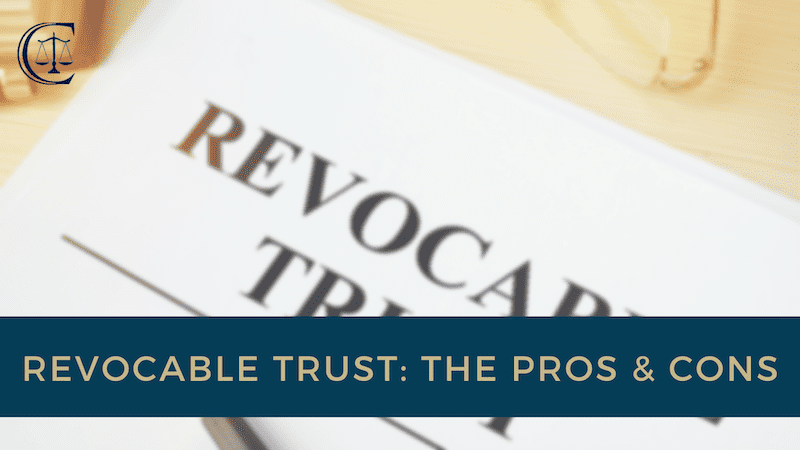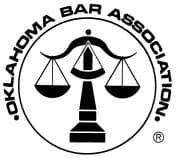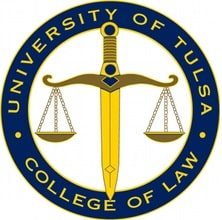
14 Dec Revocable Trust: The Pros & Cons
There are many reasons why a person might decide to set up an estate plan. Through sound estate planning, you can protect your physical and financial assets, as well as the emotional well-being of your family upon your passing.
A revocable trust is one form of estate planning. This type of trust can be established by individuals who have reached the legal age and have testamentary capacity.
In this blog post, we will discuss the pros and cons of this type of trust so that you can better understand if it’s right for your situation!
What is a Revocable Trust?
A revocable trust is a trust that can be changed or terminated at any time by the grantor (the person who set up the trust) while they still have testamentary capacity. The purpose of this type of trust is to minimize taxation and provide a method to transfer assets upon your death to your beneficiaries while avoiding probate.
Who Can Benefit From a Revocable Trust?
A revocable trust can benefit anyone who wants to avoid probate and minimize estate taxes upon their passing.
A person should consider setting up a revocable trust if they would like the ability to change their beneficiaries, add additional property in the future, and/or make other changes while still alive.
Benefits of Revocable Trusts
The main benefit of using revocable trusts is that they allow you to avoid probate. This means that your assets can be transferred to your beneficiaries without having to go through the court system.
Another benefit of using a revocable trust is that it can help minimize estate taxes. By transferring your assets into the trust, you can minimize the amount of tax that your heirs will have to pay. The amount of tax savings depends on the state in which you live and how your trust is set up.
Disadvantages of Revocable Trusts
The main disadvantage of a revocable trust is that it can be more expensive to set up than other types of estate planning vehicles. However, they will save you money in the long run. The cost of a trust is only about 1/2 the cost of probate. Probate will be required upon your passing if you don’t have a trust.
It is easy to see that the advantages of a revocable trust outweigh the disadvantages for many individuals. As with all estate planning tools, it’s important to consult with an attorney to see if a revocable trust is right for you and your family!
Is a Revocable Trust Right for You?
If you’re considering a revocable trust as part of your estate plan, be sure to weigh the pros and cons carefully to make sure it’s right for you! The Gary Crews Law team is ready to assist you in determining whether a revocable trust or another type of estate plan is most beneficial for your situation. We look forward to working with you!







